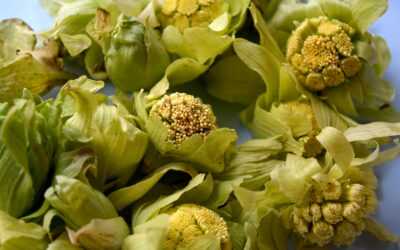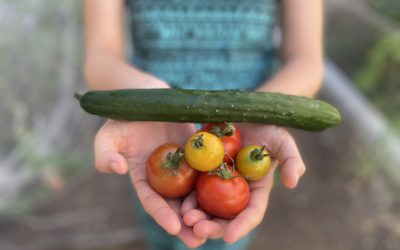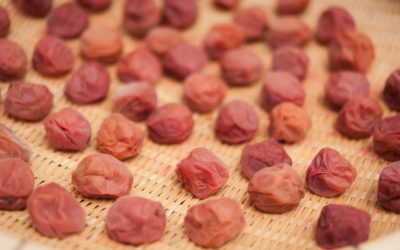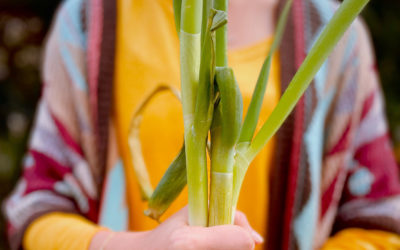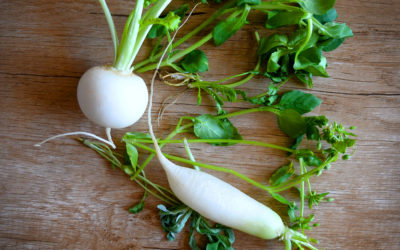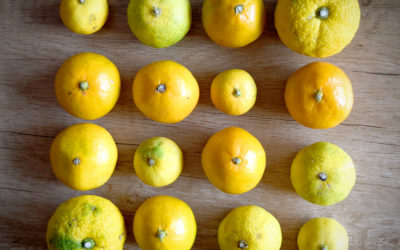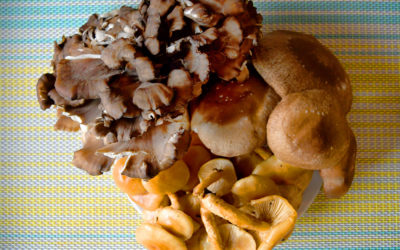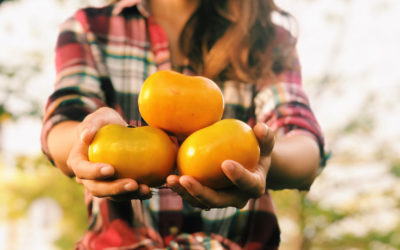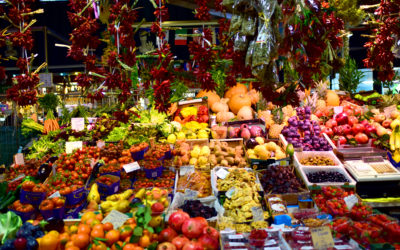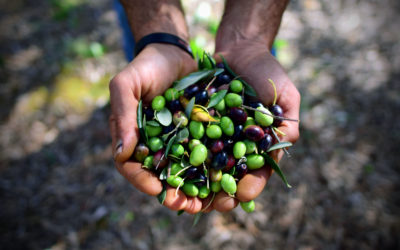Let’s learn about fukinoto (Japanese butterbur), a delicate and slightly bitter mountain veggie marking springtime in Japanese cuisine.
Chat with Meraki: Cocono Yogurt
We chat with Justin Mackee, owner of COCONO, a natural coconut yogurt made locally in Japan.
5 Hacks to Growing Tomatoes
Growing your own tomatoes this summer? Here are some tips that helped me in my own little organic veggie patch!
The Basics of Pregnancy and Childbirth in Japan
What’s it like being pregnant in Japan? Here’s a guide to what you need to know about being pregnant in Japan and the support you’re entitled to receive if you’re a resident.
My Pregnancy Journey: TTC and the First Trimester
A compilation of questions I had and health journey / learnings during my first few months of pregnancy!
The Start of Summer: Pickled Ume Japanese Plum
It’s June which means it’s rainy season in Japan, and also when ume (Japanese plums) ripen. Learn about the ubiquitous ume found everywhere in Japanese cuisine!
Combat Colds with Negi, the Japanese Leek
With colds and coughs rampant this season, let’s turn to an oft-overlooked traditional cold remedy: negi, the Japanese leek!
Nanakusa, the Seven Herbs of Early Spring
In Japan on January 7, we typically eat nanakusa as a way to detox after the holiday festivities. Find out what the health benefits are behind these seven special herbs!
Winter Citrus in Japan
Did you know that Japan produces countless varieties of citrus, especially in winter? Here are several ways to use local favorites like yuzu and mikan!
Mushrooms in Japan
This risotto gets all its flavors from the mushrooms and onions instead of chicken stock. While I prefer using olive oil and not making my risotto rich, you can add cheese to make it creamy!
Using Persimmon in Autumn Desserts
Persimmons grow easily on trees and seem to be sold in abundance at markets in autumn. They may not be the juiciest fruit out there, but here are some delicious ways to appreciate this ubiquitous fruit!
Why the Mediterranean Diet is Important Right Now
Together with exercise, a healthy intake of water and adequate sleep, the traditional Mediterranean Diet consists of a large variety of fresh fruits and vegetables, nuts, fish, lean meats and olive oil which reduces risk of heart disease, stroke and other leading causes of death!
What Does Meraki Mean?
Find out what the Greek word “meraki” means to Eat with Meraki, and how this approach drives my Mediterranean Diet journey!
Let’s Talk about Polyphenols!
Polyphenols are micronutrients found most famously in olive oil, as well as berries, herbs, spices, nuts, cocoa powder, flax seeds and veggies! They improve heart health, lower risk of diabetes, reduce blood pressure, contain anticancer properties and boost immunity.

